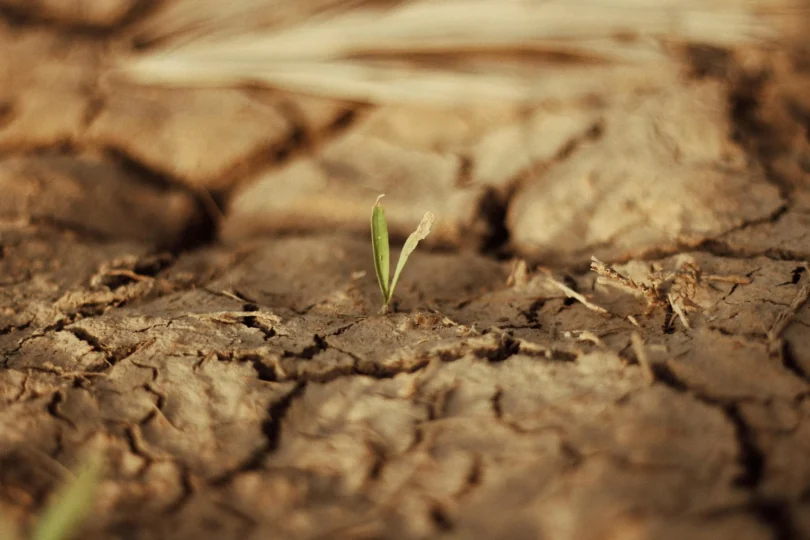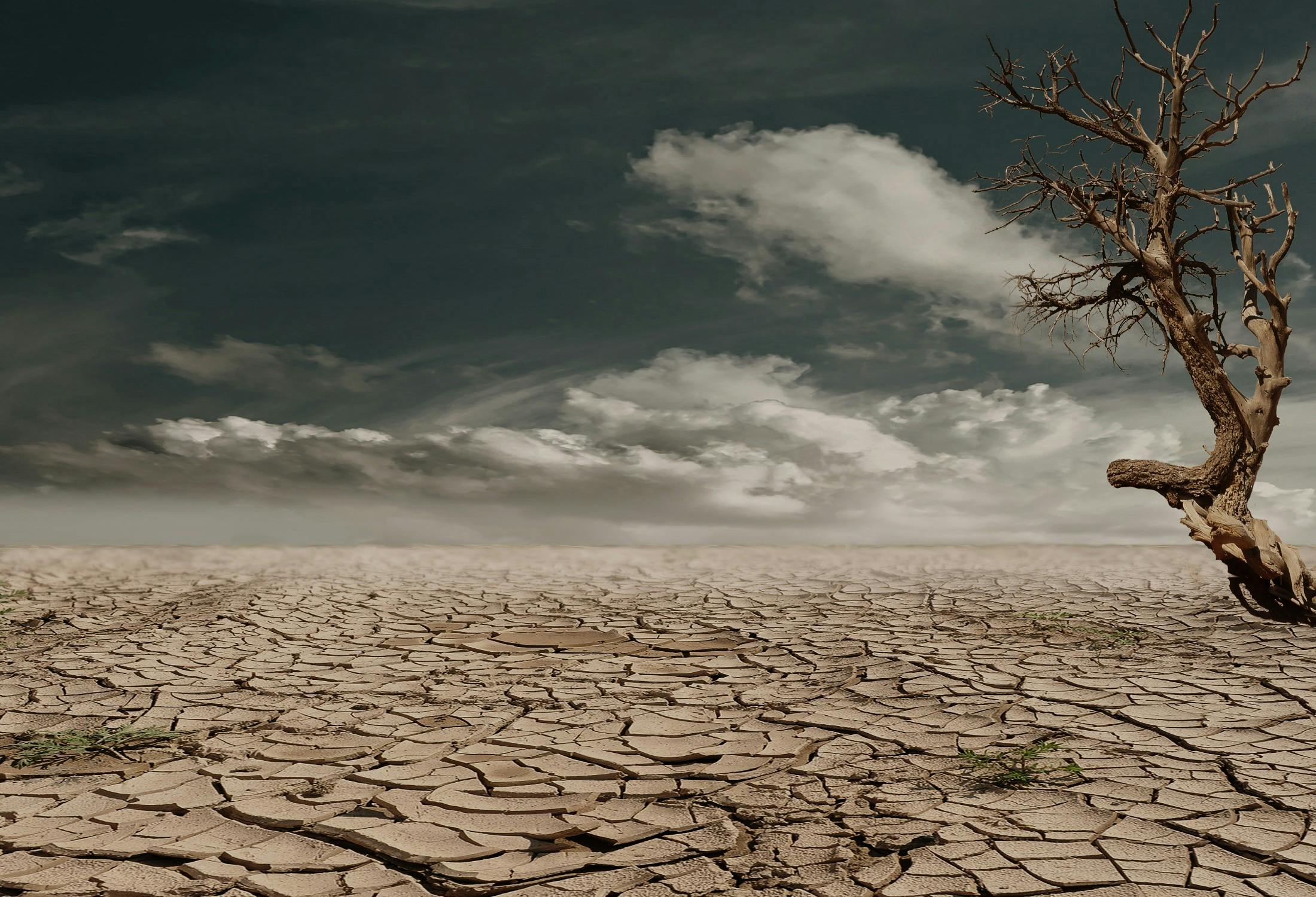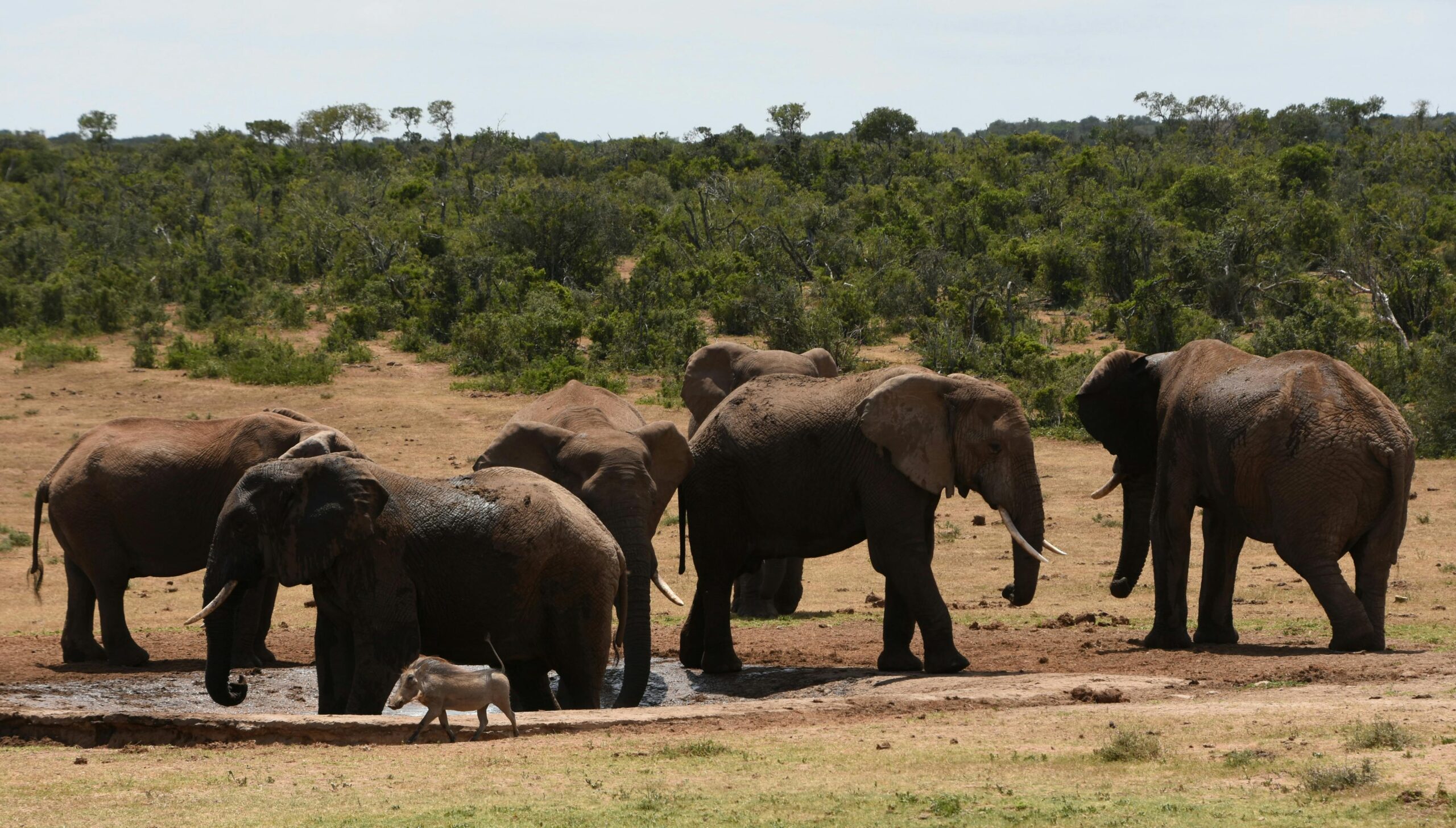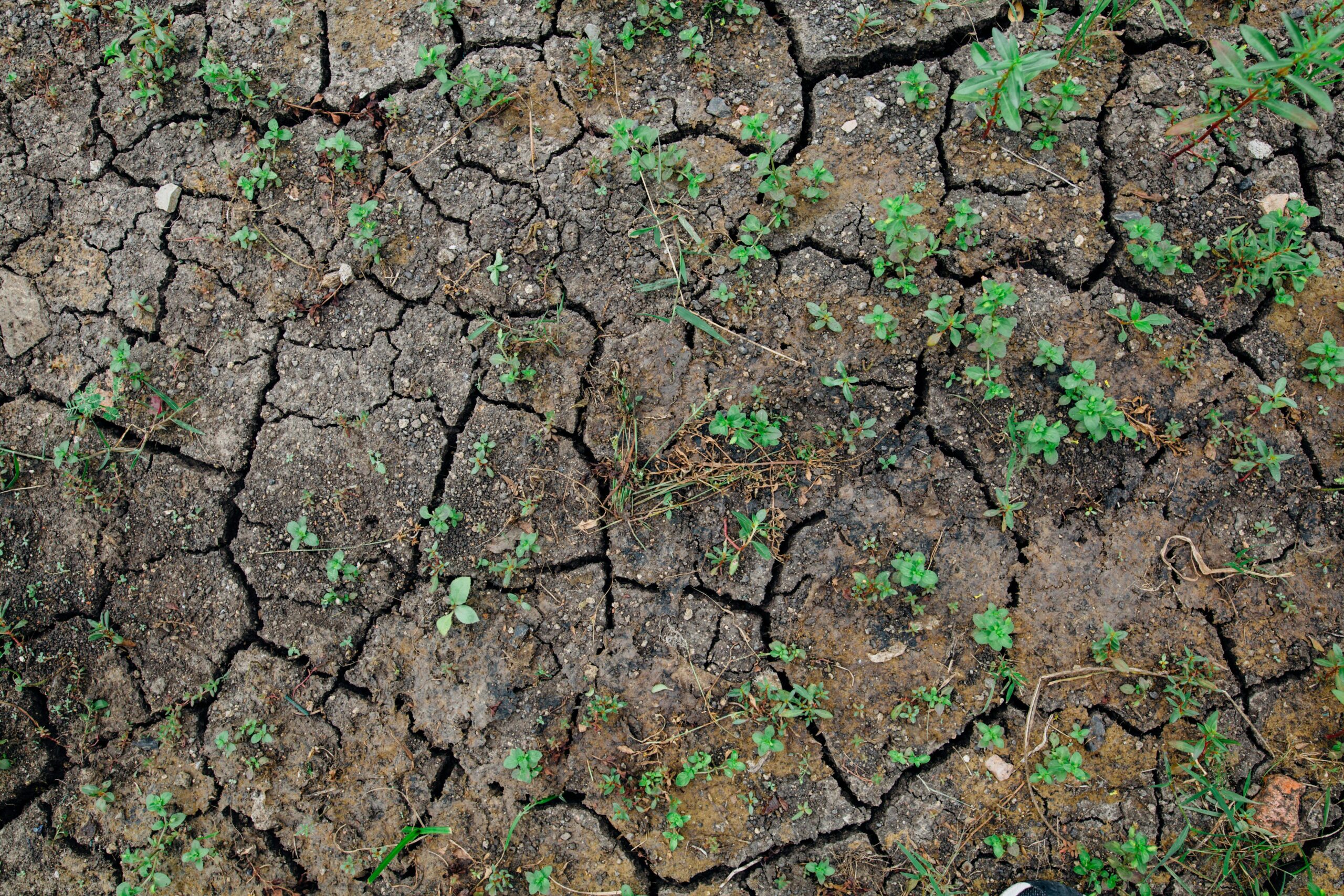Ecosystem services are the benefits that natural ecosystems provide to humanity, including food production, clean water, climate regulation, and cultural experiences. However, the dual threats of climate change and desertification are increasingly undermining these vital services, with significant implications for both human well-being and biodiversity. Understanding this decline is crucial for developing effective conservation and management strategies.
1. Impact of Climate Change on Ecosystem Services
Climate change influences ecosystem services in multiple ways, primarily through alterations in temperature, precipitation patterns, and the frequency of extreme weather events.
- Biodiversity Loss: As temperatures rise and weather patterns shift, many species struggle to adapt. The Intergovernmental Panel on Climate Change (IPCC) warns that climate change can lead to the loss of biodiversity, which is critical for maintaining healthy ecosystems. For example, the decline in pollinator populations affects crop production, as many plants rely on pollinators for reproductionrces:** Climate change can disrupt the hydrological cycle, affecting the availability and quality of freshwater. Increased evaporation and altered rainfall patterns lead to water scarcity in some regions, impacting agricultural productivity and drinking water supplies .
- **Soil DegraHigher temperatures and changes in precipitation can degrade soil health, reducing its fertility and the ability to support plant growth. This degradation affects food production, leading to food insecurity and economic instability .
2. The Role of Desification, the process of land degradation in arid and semi-arid areas, significantly exacerbates the decline of ecosystem services. It results from a combination of climatic factors, unsustainable land management practices, and socio-economic pressures.
- Loss of Vegetation Cover: As land becomes degraded, vegetation cover diminishes, reducing the ecosystem’s ability to sequester carbon and maintain soil health. This loss further accelerates climate change and contributes to a feedback loop that perpetuates desertification .
- Disruption of Nutrient Cycles: Desen disrupts the natural nutrient cycles essential for plant growth. Nutrient loss from soils can lead to diminished agricultural yields, impacting food security and livelihoods in vulnerable communities .
- Reduced Resilience to Climate Variability: are less resilient to climate variability. For instance, in regions experiencing desertification, extreme weather events can cause more significant damage to the land and its ability to recover, making it harder for communities to adapt to changing conditions .
3. Societal Implications
The decline of ecosystem services due change and desertification has profound implications for society:
- Food Insecurity: As agricultural productivity declines, food scarcity becomes a pressing issue, particularly in developing regions that rely heavily on local agriculture for sustenance. The Food and Agriculture Organization (FAO) estimates that climate change could push millions more people into hunger and poverty .
- Economic Consequences: The loss of ecosystem services can lead to signiomic losses. For example, the decline in fisheries due to changing ocean temperatures affects livelihoods and food security for coastal communities .
- Migration and Displacement: As land becomes less productive, populations may be fgrate in search of better opportunities. This migration can lead to social tensions and strain resources in host communities, creating further challenges .
Conclusion
The decline of ecosystem services due to climate change and desertification posesreats to biodiversity, human well-being, and economic stability. To address these challenges, it is essential to implement sustainable land management practices, enhance ecosystem resilience, and foster collaboration among governments, communities, and organizations. By prioritizing the restoration of degraded ecosystems and safeguarding the services they provide, we can work toward a more sustainable and equitable future for all.








Leave a Comment